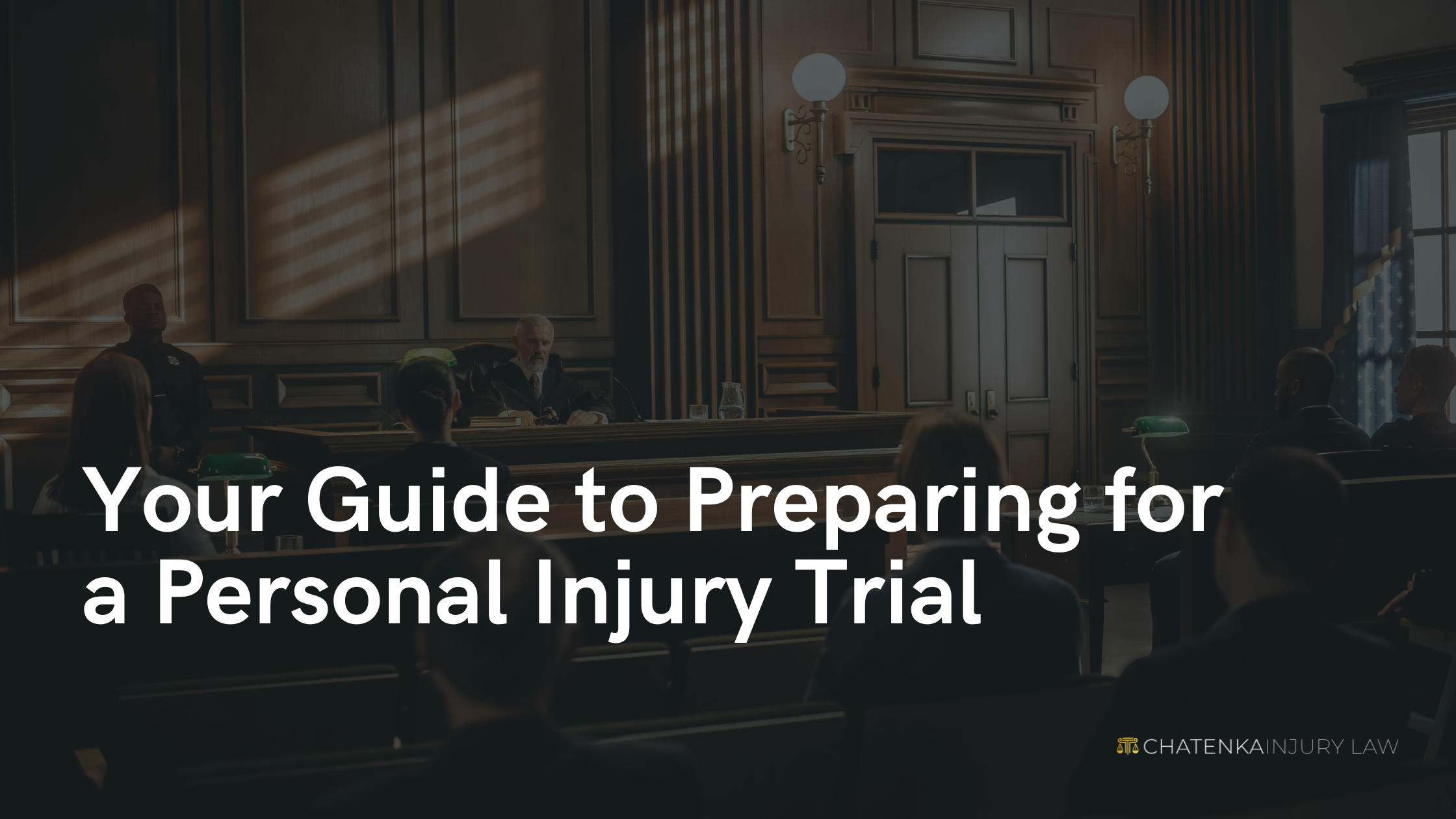Your Guide to Preparing for a Personal Injury Trial
Understanding the Importance of Preparation
Preparing for a personal injury trial is a critical aspect of securing a favorable outcome. Whether you're the plaintiff seeking compensation or the defendant defending against a claim, thorough preparation can make all the difference in the courtroom. In this guide, we'll explore essential steps and strategies to help you navigate the complexities of trial preparation effectively.
Assessing Your Case: Gathering Evidence and Documentation
The foundation of any successful personal injury trial lies in the evidence presented. Begin by thoroughly assessing your case and gathering all relevant documentation. This includes medical records, police reports, witness statements, photographs of the accident scene, and any other pertinent evidence. Collaborating closely with your legal team, ensure that every piece of evidence is meticulously reviewed and organized for presentation in court.
Strategizing with Your Legal Team: Setting Clear Objectives
Effective communication and collaboration with your legal team are paramount in preparing for a personal injury trial. Schedule regular meetings to discuss strategy, review evidence, and address any concerns or questions you may have. Together, establish clear objectives for the trial, including identifying key witnesses, anticipating potential challenges, and outlining arguments to support your case.
Understanding the Legal Process: Familiarizing Yourself with Courtroom Procedures
Navigating the legal process can be daunting, especially for those unfamiliar with courtroom procedures. Take the time to educate yourself on the ins and outs of the trial process, including what to expect during hearings, motions, and jury selection. Familiarizing yourself with courtroom etiquette and protocol can help alleviate anxiety and ensure that you present yourself confidently and professionally on the day of the trial.
Preparing Witness Testimony: Coaching and Rehearsing
Witness testimony can significantly impact the outcome of a personal injury trial. Whether you're calling witnesses to testify on your behalf or preparing to cross-examine opposing witnesses, thorough preparation is key. Work closely with your legal team to coach witnesses on delivering clear and compelling testimony. Conduct mock examinations to anticipate potential questions and refine responses, ensuring that witnesses are fully prepared to convey their accounts convincingly in court.
Anticipating Challenges: Developing Contingency Plans
In any legal proceeding, unforeseen challenges may arise that could potentially impact the trajectory of the trial. Prepare for contingencies by developing strategies to address unexpected developments or objections from opposing counsel. Work closely with your legal team to anticipate potential challenges and devise contingency plans to mitigate risks and adapt to changing circumstances effectively.
Maintaining Composure: Navigating the Courtroom with Confidence
On the day of the trial, maintaining composure and confidence can significantly influence how your case is perceived by the judge and jury. Dress professionally, arrive early, and project a demeanor of professionalism and confidence throughout proceedings. Remember to address the judge respectfully and adhere to courtroom etiquette at all times. By presenting yourself confidently and assertively, you can enhance your credibility and strengthen your position in the courtroom.
Empowering Yourself for Trial Success
Preparing for a personal injury trial requires diligence, strategy, and collaboration with your legal team. By assessing your case thoroughly, strategizing effectively, and familiarizing yourself with courtroom procedures, you can navigate the complexities of trial preparation with confidence and poise. With careful preparation and a proactive approach, you can empower yourself to achieve a favorable outcome in your personal injury trial.


